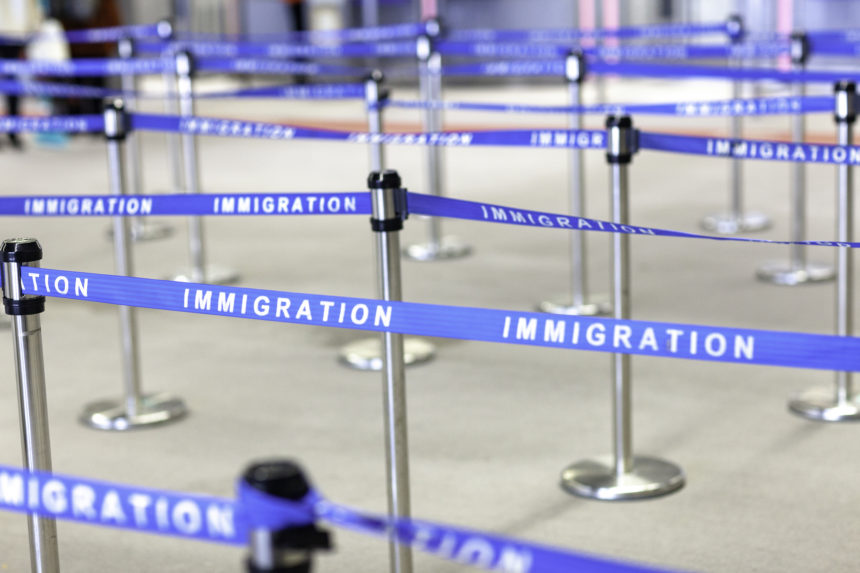
A Department of Homeland Security final rule set to go into effect March 9 will change the granting of specialty occupation visas from a random lottery to one based on wages.
The rule, issued Jan. 8 by the department, ends the H-1B visa lottery, instead authorizing the U.S. Citizenship and Immigration Services to grant petitions that “will incentivize H-1B employers to offer higher wages, or to petition for positions requiring higher skills and higher-skilled aliens that are commensurate with higher wage levels.”
The rule further reads that it will maximize H-1B cap allocations so they are more likely to go to “the best and brightest” workers while disincentivizing abuse of the program “to fill relatively lower-paid, lower-skilled positions.”
The H-1B visa is a non-immigrant visa that allows senior living operators and others to hire foreign workers in specialty occupations that require theoretical or technical expertise, such as computer programming and data management.
In place of the lottery, petitions will be awarded from highest to lowest salary. If more registrations are received than the H-1B limit allows — 65,000 petitions annually, and 20,000 for individuals with an advanced U.S. degree — then petitions will be awarded from highest to lowest salary.
According to the regulation, “USCIS will rank and select the petitions received based on the highest occupational employment statistics (OES) wage level that the proffered wage equals or exceeds for the relevant standard occupational classification (SOC) code in the area of intended employment, beginning with OES wage level IV and proceeding in descending order with OES wage levels III, II and I.”
Homeland Security anticipates that no Level I individuals will be selected for H-1B petitions and that 25% of Level 2 individuals will not be chosen. Everyone at Levels 3 and 4 are anticipated to be selected.
The current statute mandates visas are to be issued in the order in which they are received. Prioritizing applications based on wages may require statutory changes, according to some interpretations. The new rule also prioritizes the country’s recruitment of senior professionals over younger individuals.
Workforce recruitment and retention often is raised as one of the most pressing challenges confronting senior living and other long-term care providers — a challenge exacerbated by the pandemic.
It remains to be seen whether President Joe Biden will seek to change the new rule. His immigration platform includes reforming the temporary visa system, stating that “high skilled temporary biases should not be used to disincentivize recruiting workers already in the U.S. for in-demand occupations.” It also states that the president’s team will work to establish a “wage-based allocation process and establish enforcement mechanisms to ensure they are aligned with the labor market and not used to undermine wages.”




